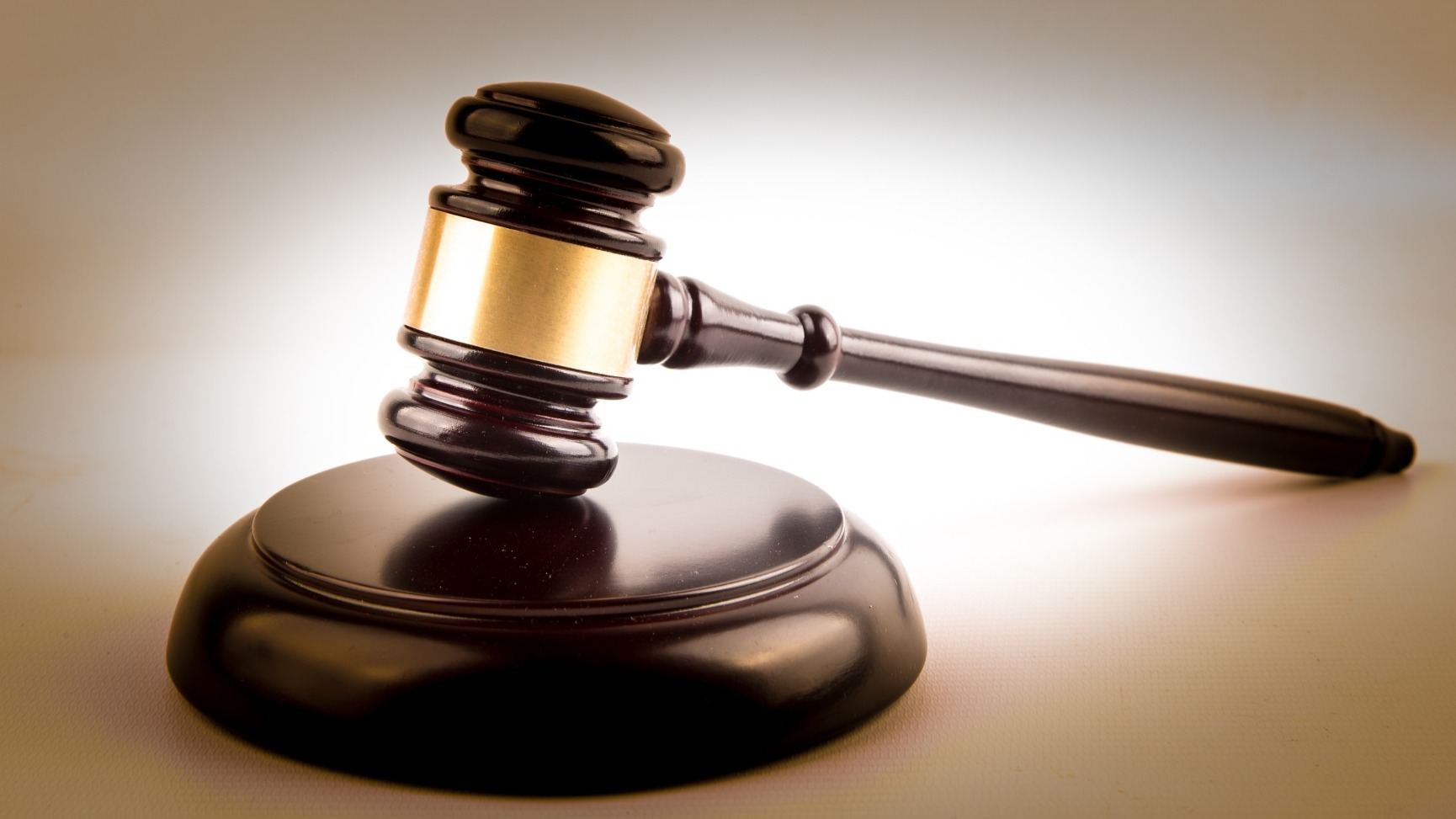The European Court of Justice (ECJ) has ordered Apple to pay Ireland €13 billion in unpaid taxes.
The move sees the Luxembourg-based court rule in favour of the European Commission, putting an end to an eight year of tug-of-war between the EU and Apple.
According to a report from Reuters, in 2016 the tech giant was forced by the European Commission to pay €13 billion in back taxes to Ireland as part of a clampdown on tax breaks granted to BigTech companies by a number of countries in the European market.
The Commission had stated that the California-based company benefitted from two tax rulings over a period of more than 20 years that had significantly reduced its liability.
The investigation into Apple’s operations in Ireland was launched in 2013 by the European Commission. In 2016, the Commission accused Apple of parking untaxed revenues earned between 2003 and 2014 in Europe, Africa, the Middle East, India, and Ireland, after benefiting from Irish tax laws.
Both Ireland and Apple rejected the Commission’s decision and appealed it to the General Court of the European Union.
In 2020, the General Court issued its judgement which annulled the Commission’s decision, stating it had failed to prove the existence of such tax advantages and blocking payment of the €13 billion. The annulment of the ruling was accepted by the Court of Justice in November 2023.
With the new ruling, the European Court of Justice (ECJ) said on Monday: "The Court of Justice gives final judgement in the matter and confirms the European Commission’s 2016 decision: Ireland granted Apple unlawful aid which Ireland is required to recover."
As part of the ECJ ruling, Ireland will have to recover the lost taxes from Apple. Although the Irish government said it would respect the ruling, over the years it has consistently opposed the need for the tax to be paid.
The country has made low tax rates a means of attracting investment from multinationals.
Ireland’s finance minister Jack Chamber said in a statement: “Ireland’s corporate tax policy, and broader industrial strategy, has consistently been focussed on attracting real, substantive investment and the creation of employment.”
A day after the tech giant celebrated the launch of its new iPhone 16, Apple shared its disappointment with the ruling, suggesting that the European Commission is “trying to retroactively change the rules” and that the demand is not proportionate.
"This case has never been about how much tax we pay, but which government we are required to pay it to,” Apple added in a statement. “We always pay all the taxes we owe wherever we operate and there has never been a special deal.”
The EU-Apple dispute marks the world’s largest ever anti-trust case, according to The Irish Times.
A separate European Court of Justice (ECJ) ruling on Tuesday also closed a case on Google, stating that the tech firm will have to pay € 2.4 billion fine for market dominance abuse.
Commenting of the Court of Justice’s last week results, EU antitrust chief Margrethe Vestager said: "Today is a huge win for European citizens and tax justice.”
Latest News
-
Amazon considers largest contribution to OpenAI's $100bn fundraising round
-
Google agrees to pay $135m over Android data collection claims
-
UK government to launch centre for AI measurement
-
HSBC rolls out new tax tool for sole traders as digital rules approach
-
Lloyds Banking Group doubles AI value target to £100m in 2026
-
Tesla to end Model S and Model X production as Musk shifts focus to robotics
The future-ready CFO: Driving strategic growth and innovation
This National Technology News webinar sponsored by Sage will explore how CFOs can leverage their unique blend of financial acumen, technological savvy, and strategic mindset to foster cross-functional collaboration and shape overall company direction. Attendees will gain insights into breaking down operational silos, aligning goals across departments like IT, operations, HR, and marketing, and utilising technology to enable real-time data sharing and visibility.
The corporate roadmap to payment excellence: Keeping pace with emerging trends to maximise growth opportunities
In today's rapidly evolving finance and accounting landscape, one of the biggest challenges organisations face is attracting and retaining top talent. As automation and AI revolutionise the profession, finance teams require new skillsets centred on analysis, collaboration, and strategic thinking to drive sustainable competitive advantage.
© 2019 Perspective Publishing Privacy & Cookies









Recent Stories